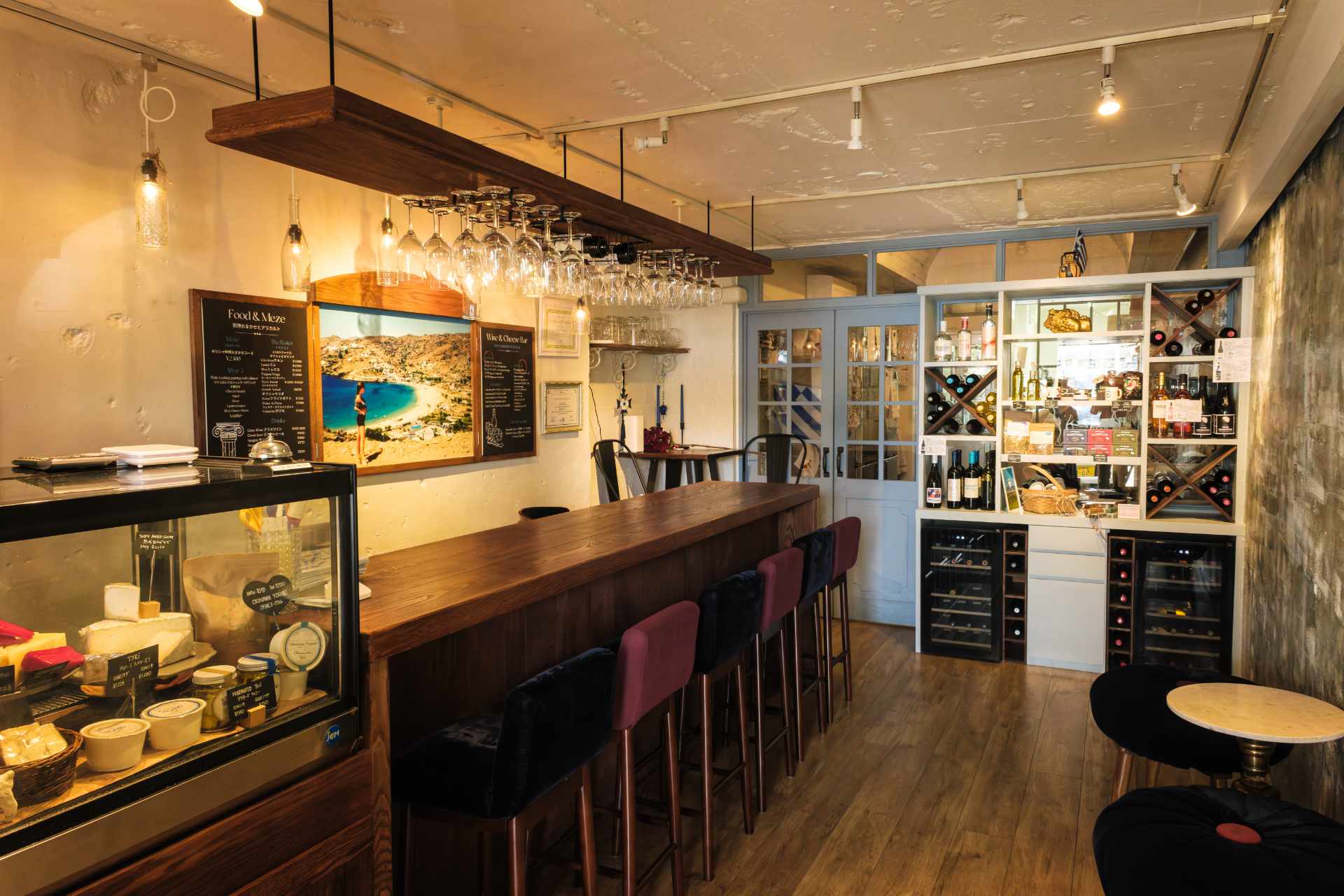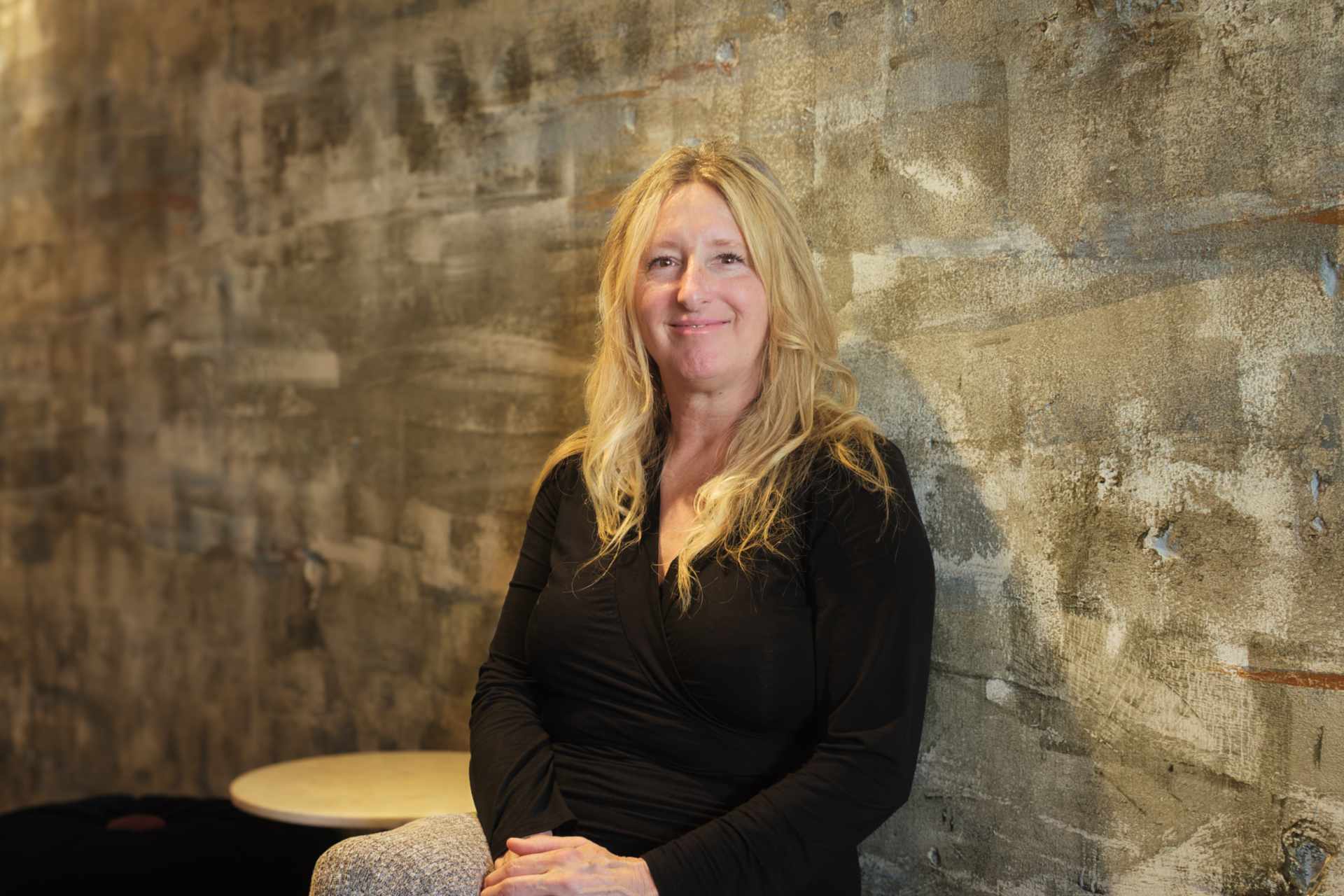
Pamela Ann
Greece is a country that loves food, family and the sunshine. The centenarians of Ikaria, a renowned Blue Zone*, say that the secret to a long life is to eat a Mediterranean diet, drink goat’s milk and herbal teas, take naps and put family and friends first – and that is exactly what they do.
Known worldwide as the ‘Mediterranean diet’, it is based on fresh Mediterranean produce, cheese and olive oil. People in the region brew various herbal teas and drink them with honey, according to how they are feeling that day. Each family has their own recipe for Mountain Tea. The sea is a place to replenish your energy and cleanse your body. I enjoy sharing a quiet cup of coffee with friends from dawn to dusk, simply gazing out at the sea.
Easter is the most important festival for the Greek people. Forty days before Easter, a period of fasting begins, during which people abstain from meat, dairy products and other animal proteins, and animal-based menus are gradually phased out in shops and restaurants. A week before, people who do not normally go to church visit churches. The four days before and after the Sunday that falls on Easter are public holidays and all businesses, shops and public institutions are closed. Fifteen minutes before midnight on Easter eve, people head to church with candles. As the bells strike at midnight, everyone rejoices in the Resurrection. The priest passes around a torch, carried all the way from Jerusalem, and the people light their candles with the flame. They carefully take their candles home, draw the cross three times at the entrance and enter their homes. Finally, the 40-day fasting period is over.
On the day of the feast, we eat a red boiled egg while quenching our stomachs with magiritsa (a soup of sheep offal and lettuce). Smoke rises from the gardens of every homes as whole lambs are roasted throughout the night. The day after Easter, people eat 40 days-worth of meat. They sing and dance while eating with their families and neighbors. It is a joyous scene typical of Greece.
Cheese, of course, is a staple on every plate in Greece, whether as a snack, with a salad, or in a spanakopita (cheese pie with spinach). Cheese has a special place in the hearts (and stomachs!) of Greeks, both on special occasions and at everyday meals. I have a feeling that what people cherish in life are the same around the world; not just in Greece.
*Blue Zones are areas of the world in which people live exceptionally long lives.
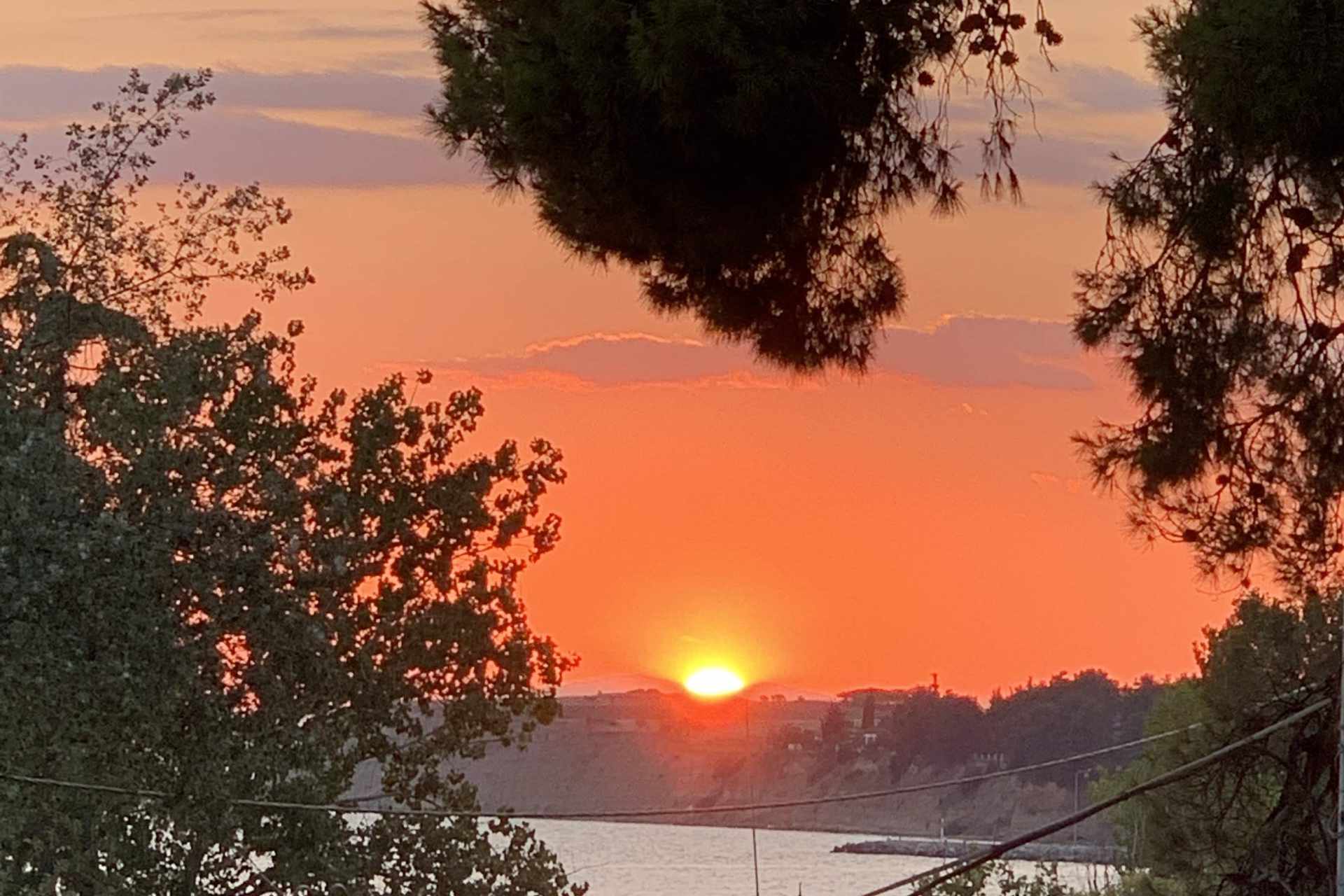
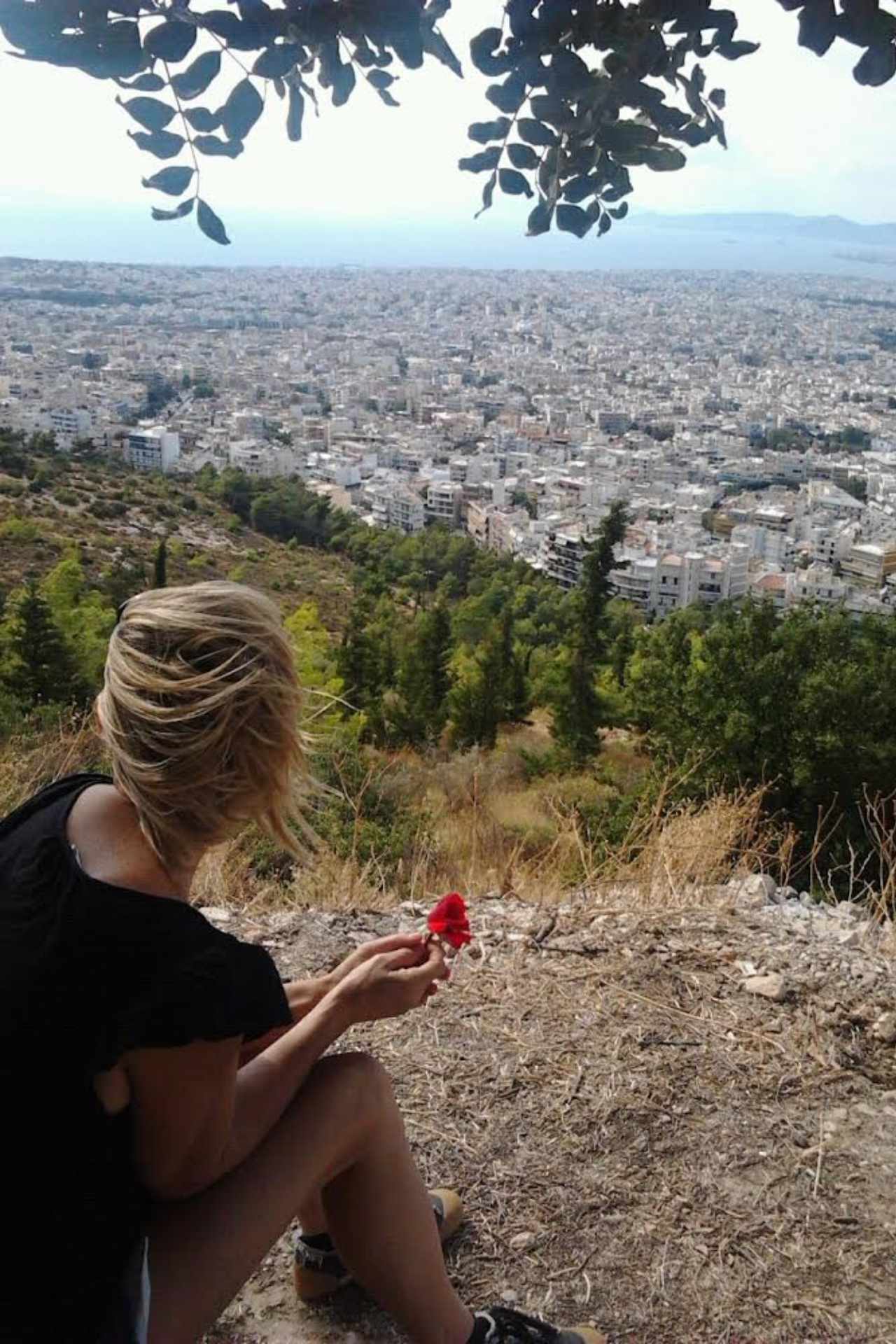
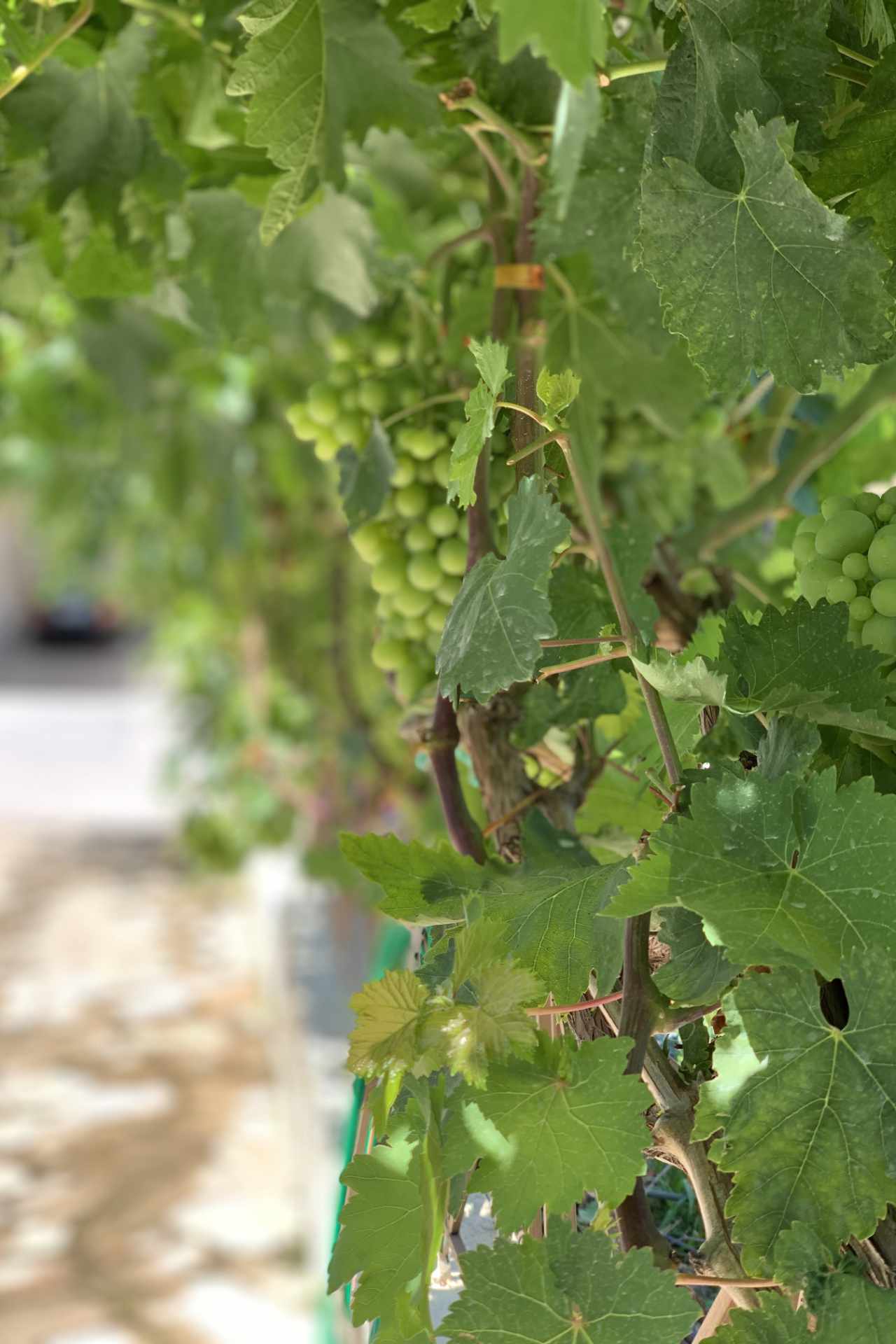
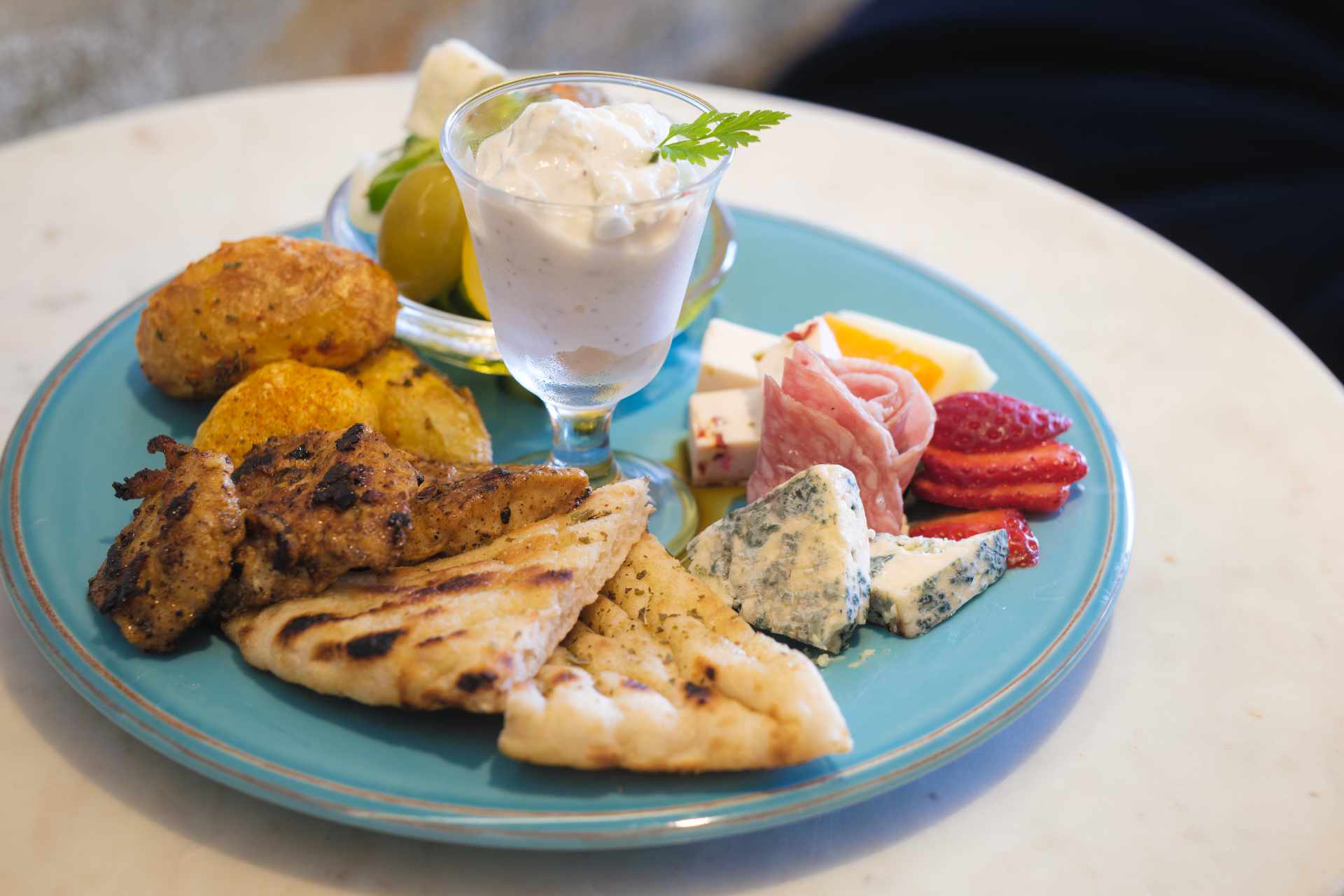
Cheeseanista
Plaza House 1F
TEL: 080-8566-0802
https://www.cheeseanista.shop/
Closed days: Tuesdays
We produce cheese made from Okinawan goat and cow milk, and serve authentic Greek cuisine.
